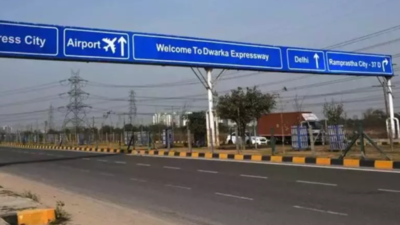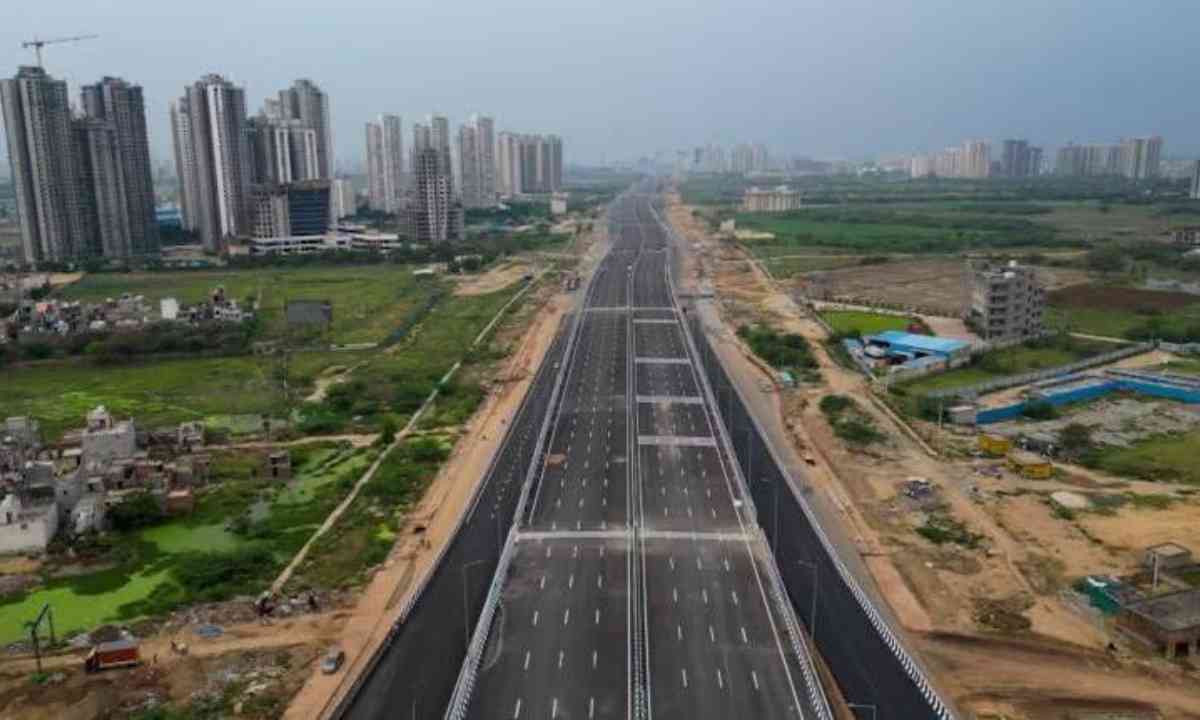According to the government's top auditor, the Comptroller and Auditor General, or CAG, the cost of the Dwarka highway constructed under the Center's Bharatmala Pariyojana phase-1 has surpassed the estimated amount sanctioned by the Cabinet Committee on Economic Affairs (CCEA) in 2017 by 14 times.
Based on the report, the Expressway, which was prioritized to create a 14-lane national highway running parallel to the congested NH-48 between Delhi and Gurugram, was completed at a "very high" per km cost of 250.77 crores as opposed to the per km cost of 18.20 crores permitted by the CCEA.

The Dwarka Expressway was planned to be developed as an eight-lane elevated road with limited entry exit arrangements to allow seamless movements of interstate traffic, the report stated the Ministry of Road Transport and Highway's statement on this from April 2022. The high price was attributed to this.
However, the Comptroller and Auditor General of India claimed that there was no documentation to support the planning or building of eight lanes (elevated lanes) for the traffic of an average of 55,432 passenger vehicles per day. For the average annual daily traffic of 2,32,959 passenger vehicles, only six lanes (at grade lanes) were intended or developed.
This highway is not the only one where approved and actual costs differ. According to the research, the sanctioned cost for the Bharatmala Pariyojana was 58% higher than the approved cost throughout India.

While the CCEA approved a length of 34,800 km for 5,35,000 crore (Rs 15.37 crore/km), the sanctioned cost for the project's length of 26,316 km was 8,46,588 crore (Rs 32.17 crore/km).
The target of 2022 for finishing 34,800 km of national highways has not been attained despite the rising expense. As of March 31, 2023, only 13,499 km of the CCEA-approved length of national highways had been built, or 38.79% of the total length. This contains the building projects carried out throughout the COVID epidemic.
The research noted that both the scope of projects and cost projections underwent considerable revisions, which contributed to the sharp increase in expenditures. Additionally, the adoption of more comprehensive project requirements has increased the approved cost of projects awarded under Bharatmala Pariyojana Phase 1. As a result, construction costs have gone up by about 10 crore per km.
Funds approved for other initiatives (Rs 1,57,324 crore) were being used since additional money was required. As of 31 March 2023, 78 of these projects—totaling 1,752 km—that have been authorized under different programs had already been reported as Phase I accomplishments.
© Copyright 2023. All Rights Reserved Powered by Vygr Media.





















